Uncover the Diverse Reasons Behind a Blown Fuse Box and Their Consequences
A fuse box can blow due to numerous factors, including overloaded circuits, short circuits, faulty appliances, or the gradual deterioration of aging components. Specifically, older fuse boards, particularly those utilizing ceramic fuses, are particularly susceptible to failure as they age. When a fuse blows, it acts as a crucial alert indicating that the electrical system has exceeded its safe operational limits. This scenario necessitates immediate inspection to avert further complications and ensure the ongoing safety of your electrical system, preventing potential hazards such as electrical fires or equipment damage.
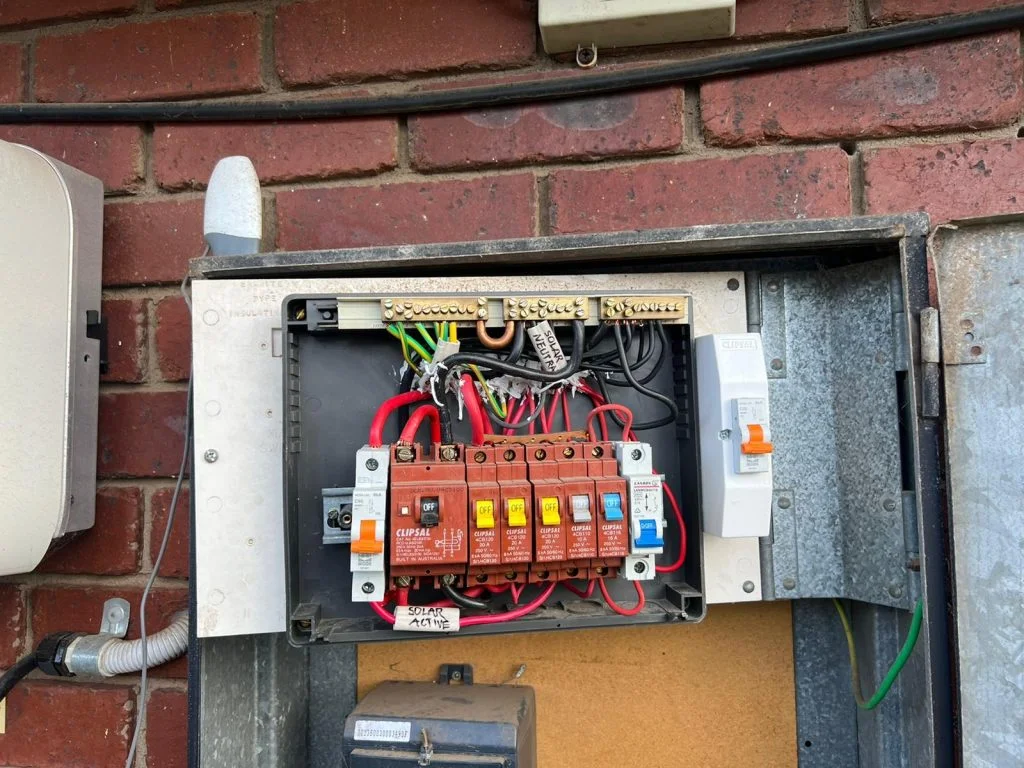
The Critical Importance of Recognizing a Blown Fuse Box: Identifying Serious Electrical Problems Beyond Simple Power Interruptions
Residents in the western suburbs of Melbourne often reach out to us when they experience unexpected power outages. Whether these disruptions stem from issues such as burnt wiring, melted electrical tape, or repeated circuit tripping, it is crucial to comprehend the underlying problems for safety reasons. This article aims to provide a comprehensive analysis of the various potential issues affecting your electrical system and outlines the most effective steps to take in order to restore both safety and functionality in your home, ensuring you can enjoy a reliable power supply without fear.
1. Recognizing the Key Warning Signs of a Blown Fuse Box
Although not every power outage clearly indicates a malfunctioning fuse box, there exist several distinct signs you should closely monitor. These warning signs include:
- Partial or complete power loss throughout your residence
- Inability to reset one or more circuits after they have tripped
- Burning plastic odor near the fuse board, indicating possible overheating
- Visible black markings or melted plastic surrounding the fuses, indicating significant damage
- Ceramic fuse wire that has snapped or completely disintegrated due to excessive stress
If you’re uncertain about the condition of your fuse box, our Emergency Electricians are ready to conduct a thorough inspection, repair, or safely replace any faulty components, ensuring your electrical system operates efficiently and securely.
2. Delving into the Common Causes of a Blown Fuse: Understanding Your Electrical Risks
Overloading Circuits with Multiple High-Power Appliances: A Major Concern
Using too many high-draw appliances on a single circuit can easily surpass the fuse’s amp rating. For instance, operating your oven, kettle, and toaster at the same time can lead to an overload situation. This excessive demand creates undue stress on the fuse, heightening the likelihood of it blowing and potentially resulting in a fire hazard that could pose serious risks to your safety and property.
Understanding Short Circuits: The Risks of Damaged Wiring
A short circuit may arise if there is compromised wiring or a malfunctioning appliance that diverts electrical current from its intended path. This can lead to an immediate fuse blow or a circuit breaker trip, creating a dangerous situation that requires urgent intervention from a certified electrician to rectify the issue and restore safe conditions.
Age-Related Deterioration of Electrical Components: The Hidden Threat
Over time, older ceramic fuses may develop problems such as corrosion, loosening, or overall degradation. As heat accumulates due to inefficient electrical flow, the fuse can ultimately burn out, signaling an urgent need for replacement and possibly upgrades to modern standards to enhance reliability and safety in your electrical system.
Issues from Incorrect Fuse Wire Installation: Safety Risks
It is not uncommon to encounter incorrect wire ratings in fuse installations—either too weak, leading to frequent blowing, or too strong, posing significant dangers by failing to provide adequate protection for the circuit. Ensuring the correct type of fuse wire is utilized is essential for both safety and the proper functioning of your electrical system, preventing avoidable accidents and ensuring compliance with safety regulations.
-
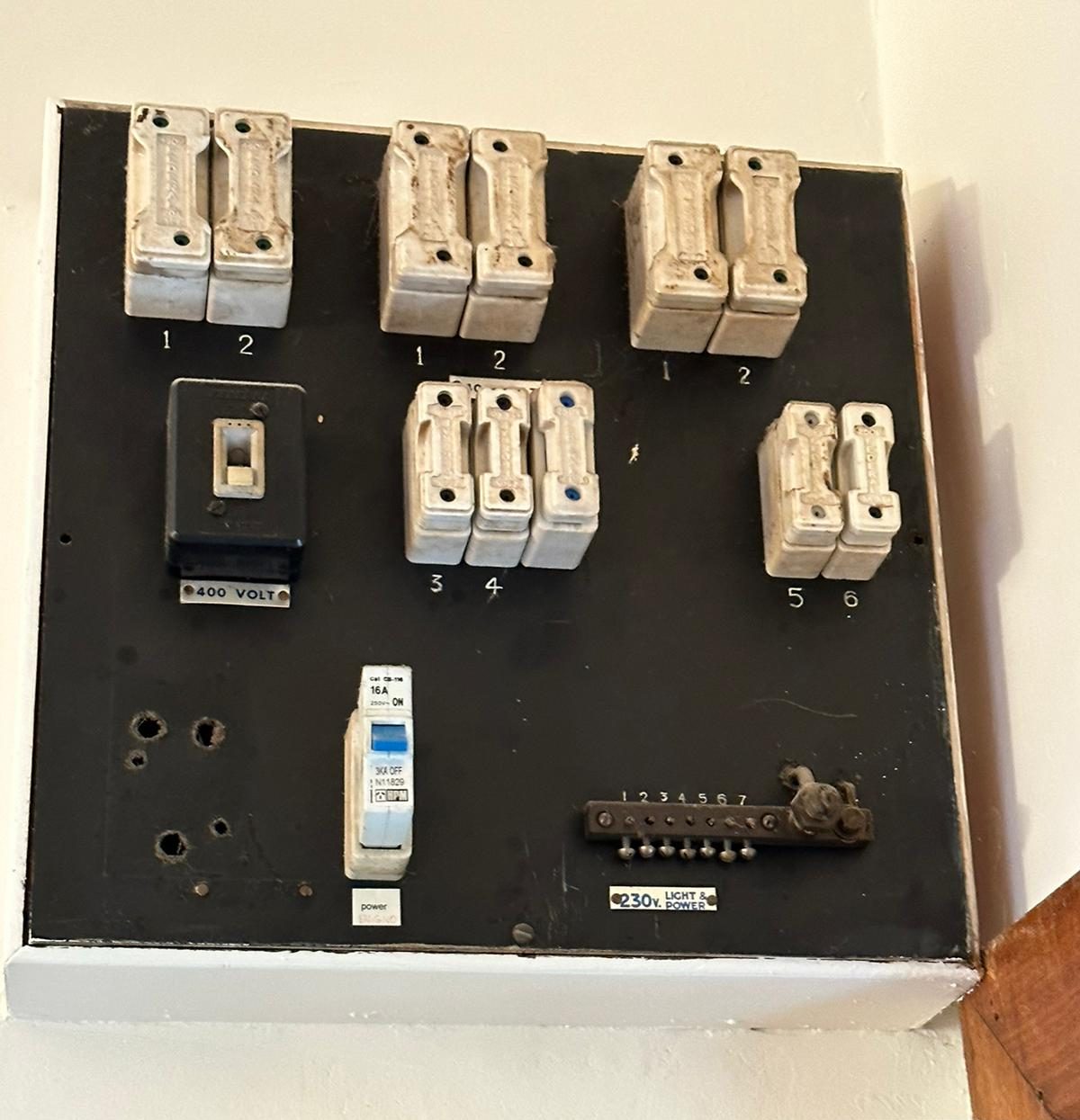 Old Ceramic Plugs
Old Ceramic Plugs -
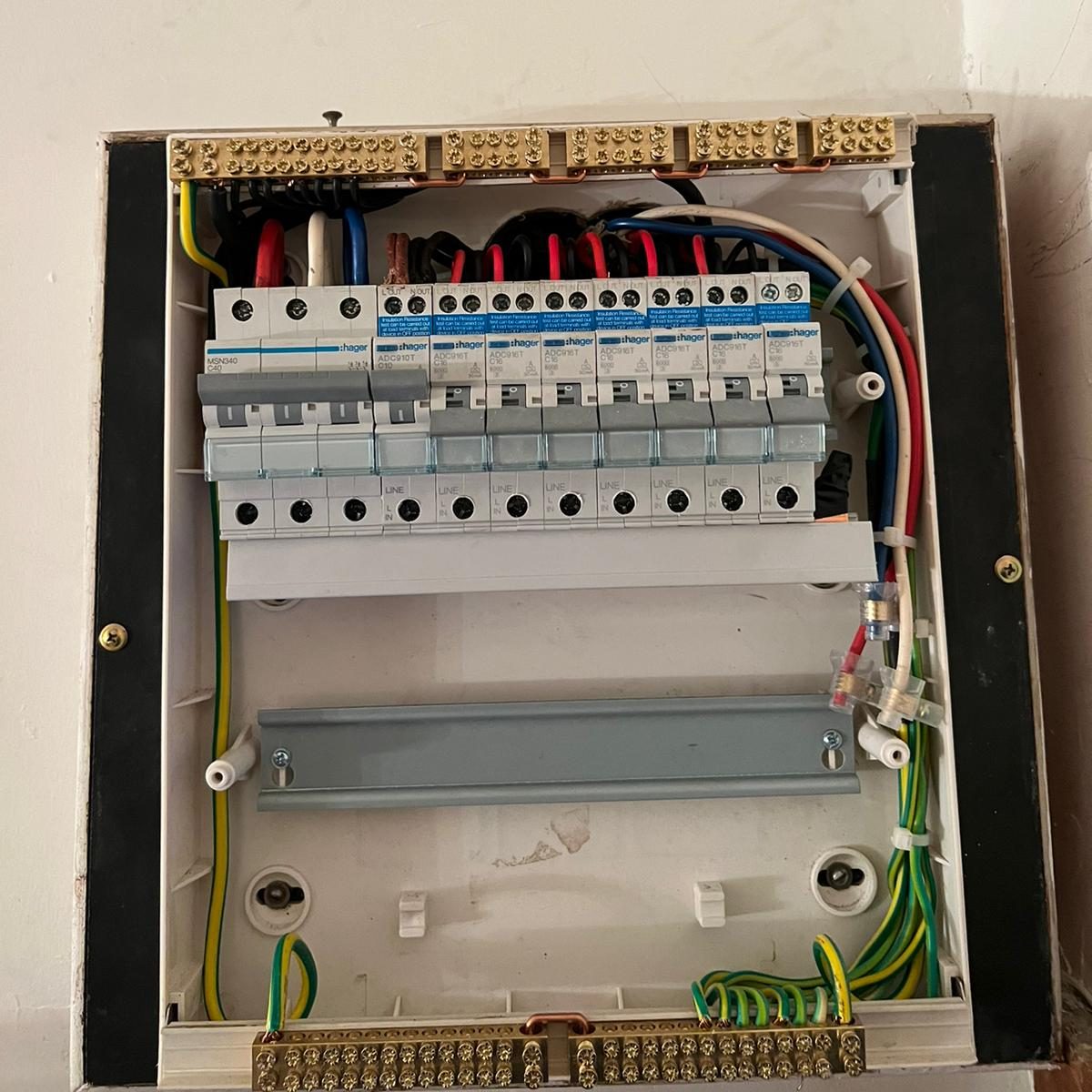 Now Upgraded
Now Upgraded
3. Comparing the Safety Features of Ceramic Fuses with Modern Circuit Breakers
If your home still relies on ceramic plug-in fuses, it’s essential to consider upgrading your switchboard for enhanced safety. Ceramic fuses come with several disadvantages:
- They are slower to trip in the event of a fault, which can allow dangerous conditions to persist longer than necessary
- They are more susceptible to unsafe bypassing by users, potentially leading to critical failures
- They are prone to user errors, including incorrect fuse wire installations or poor connections, which can compromise overall safety
- They provide no protection against electric shocks, thus putting users at significant risk of injury
In contrast, modern switchboards utilize <a href="https://writebuff.com/switchboard-upgrade-warning-signs-is-your-home-safe/">circuit breakers</a> and RCDs (Residual Current Devices), designed to trip automatically in hazardous situations and can be reset quickly without the need for physical wire replacement. If your fuse box resembles a relic from the 1970s, it is undoubtedly time for a Switchboard Upgrade to significantly enhance both safety and reliability within your home environment.
4. Crucial Steps to Take When Facing a Fuse Box Dilemma
If you’re only dealing with a tripped breaker, consider following these recommended steps to ensure safety:
- Unplug all appliances connected to that specific circuit to alleviate the load and mitigate the risk of further issues arising
- Carefully attempt to reset the switch to restore power
- Gradually reconnect appliances one by one, closely monitoring the circuit for any signs of trouble
- If the breaker trips again, keep it off and reach out to us for immediate professional assistance
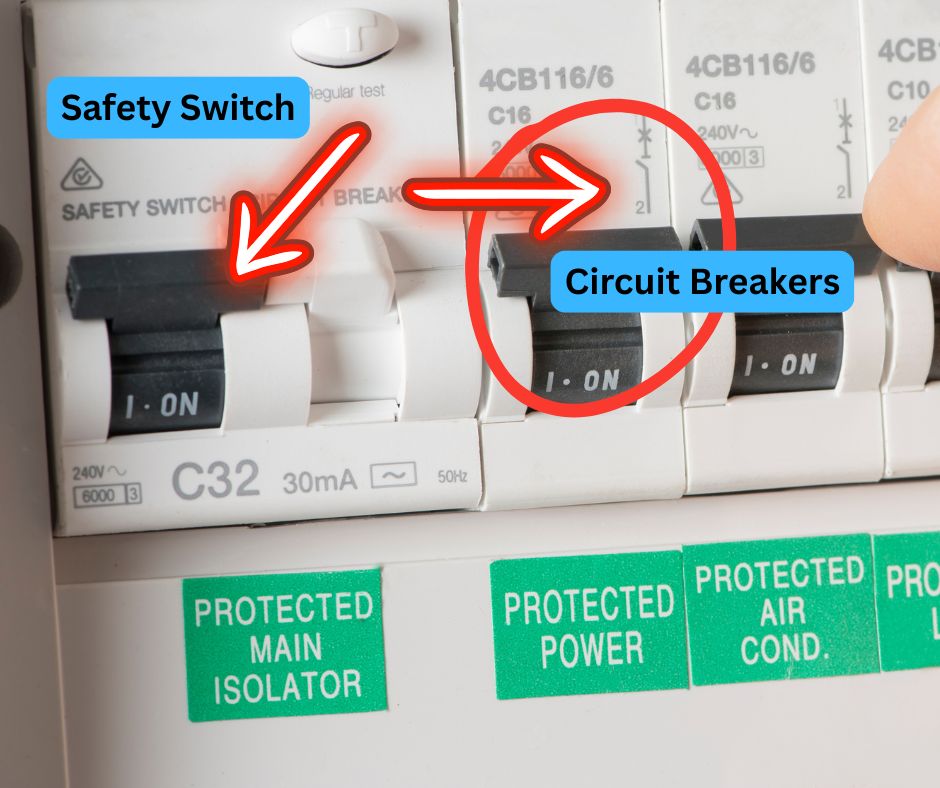
What Steps to Follow When Dealing with Issues Related to Ceramic Fuses
- Do NOT attempt to replace the fuse wire unless you are a licensed electrician, as this can be extremely hazardous
- Refrain from any DIY repairs, as they pose significant safety risks and may violate local regulations
- Turn off power at the main switch and contact Electrx for expert assistance
5. Our Comprehensive Approach to Repairing Blown Fuse Boxes
Our expert team initiates the repair process by isolating the fault and conducting thorough circuit tests using safe, industry-standard tools. Our systematic approach encompasses:
- Identifying the precise cause behind the blown fuse to address the issue effectively
- Testing appliances to ascertain if they are contributing to the ongoing problem
- Replacing any burnt or damaged fuse carriers necessary to restore functionality
- Upgrading to a circuit breaker or RCBO when appropriate to enhance safety and performance
- Issuing a Certificate of Electrical Safety for all completed work, ensuring compliance with safety regulations
If your fuse board is outdated, we will discuss options for modernizing it, incorporating RCD protection and optimizing circuit layouts to improve safety and efficiency in your electrical system.
When Should You Reach Out to a Qualified Electrician for Help?
Experiencing a blown fuse on one occasion may simply be a case of bad luck. However, if this issue recurs or if your fuse box shows signs of significant ageing, it is essential to take proactive measures. Contact Electrx to have your system thoroughly inspected, identify any faults, and ensure the problem is resolved effectively on the first visit. Our commitment is to keep your power running smoothly and your home safe and secure.
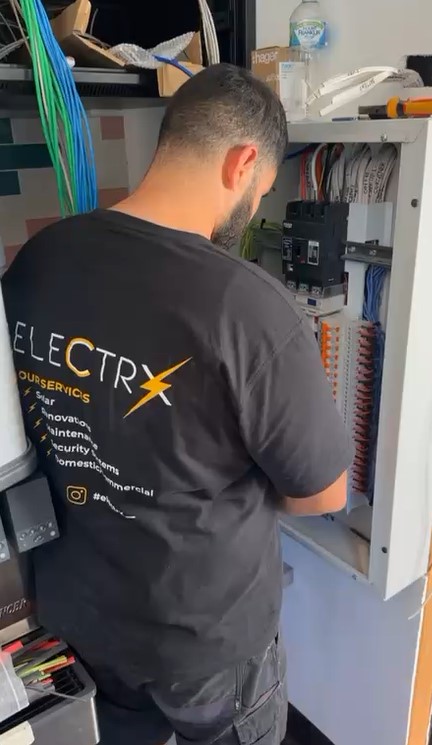
Request Your Free Quote Today!
Explore Our Complimentary Electrical Inspections

Frequently Asked Questions About Blown Fuse Boxes and Their Related Issues
Can I replace a fuse wire on my own?
NO. In Victoria, replacing or rewiring ceramic fuses is considered electrical work and must be executed by a licensed electrician to ensure safety and compliance with local regulations.
Is a blown fuse dangerous?
Yes, it can be particularly hazardous if the cause is a short circuit or overload. If left unaddressed, these issues may escalate into serious fire hazards or electric shock risks that can compromise your safety.
What is the average cost to repair a blown fuse box?
Basic repairs typically start from a few hundred dollars. If a complete upgrade is necessary, we will provide you with a transparent, fixed quote before commencing any work.
Do you offer after-hours emergency services?
Yes, we provide 24/7 emergency services to address blown fuses and restore your power safely and efficiently at any time.
Get Your Free Quote Today!
Inquire About Our Complimentary Electrical Inspections

The Article: Blown Fuse Box: Essential Tips and Next Steps first appeared on https://writebuff.com
The Article Blown Fuse Box: Key Tips and Actions to Take Next Was Found On https://limitsofstrategy.com